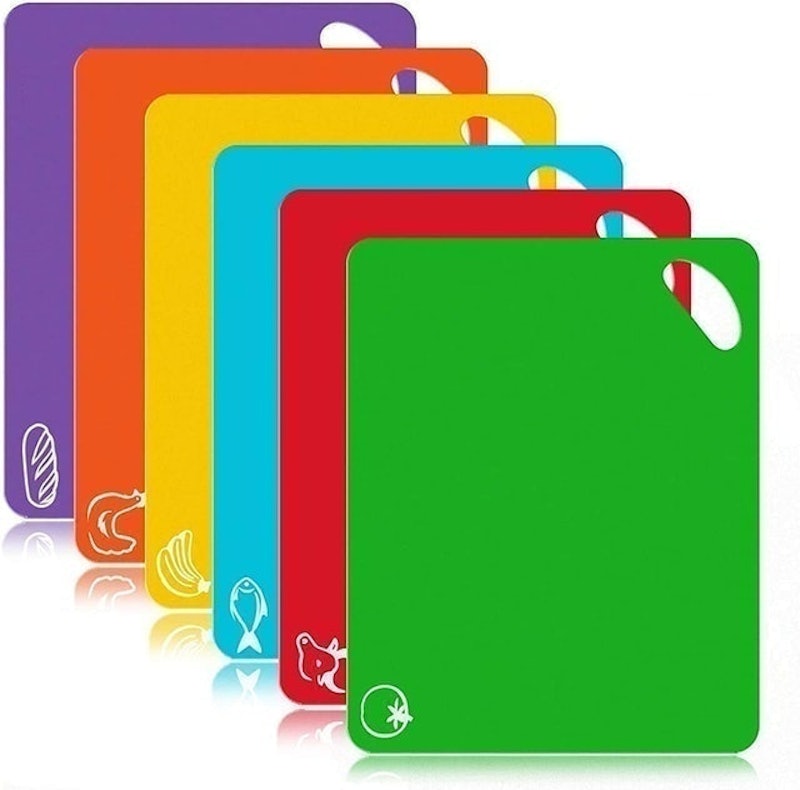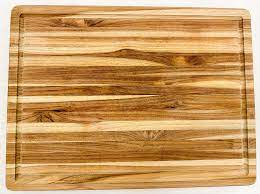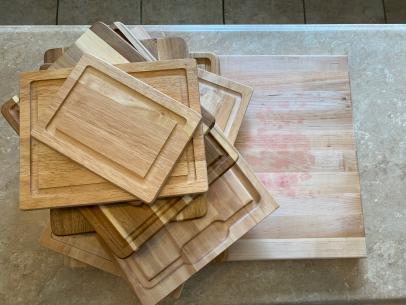In the realm of culinary precision, the marriage of a Dexter Russell fillet knife and a plastic cutting board creates a symphony of efficiency and accuracy. As we delve into the art of filleting and slicing, this blog will explore why the combination of a Dexter Russell fillet knife and a plastic cutting board is a dynamic duo that brings out the best in both tools.
Blade Sharpness and Flexibility
Dexter Russell fillet knives are renowned for their razor-sharp blades and flexible design, making them ideal for delicate tasks like filleting fish. When paired with a plastic cutting board, which is gentler on knife edges than harder surfaces, the sharpness of the Dexter Russell blade is preserved. This ensures that every cut is clean, precise, and free from the risk of damaging the knife’s edge.
Reduced Surface Friction
Plastic cutting boards provide a smooth and low-friction surface, allowing the Dexter Russell fillet knife to glide effortlessly through fillets and other ingredients. This reduces the chances of the knife sticking to the cutting board, enabling the chef to maintain control and achieve uniform cuts. The combination of a sharp blade and a smooth cutting surface enhances the overall cutting experience.
Hygiene and Ease of Maintenance
Plastic cutting boards are known for their ease of cleaning and maintenance. They are dishwasher-safe, resistant to moisture absorption, and less prone to harboring bacteria compared to some other materials. This makes them a hygienic choice when working with raw fish or other seafood. The Dexter Russell fillet knife, with its high-quality materials and construction, complements this by being easy to clean and maintain as well.
Dexter Russell’s Ergonomic Design
The Dexter Russell fillet knife is crafted with user comfort in mind. Its ergonomic handle design provides a secure grip, reducing hand fatigue during extended filleting sessions. When combined with a plastic cutting board that absorbs some of the impact during cutting, the overall ergonomic experience is enhanced, allowing chefs to focus on precision without unnecessary strain.
Versatility and Durability
Plastic cutting boards are versatile and durable, with the ability to withstand the demands of various cutting tasks. Whether you’re filleting a delicate piece of fish or slicing through vegetables, the Dexter Russell fillet knife performs admirably on a plastic cutting board. This versatility makes the duo suitable for a wide range of culinary applications.
Conclusion
In the world of culinary craftsmanship, the pairing of a Dexter Russell fillet knife and a plastic cutting board is a dynamic collaboration that elevates the art of filleting. The razor-sharp precision of the Dexter Russell blade meets the smooth and hygienic surface of the plastic cutting board, creating a harmonious union that ensures every cut is a masterpiece. Whether you’re a professional chef or a home cook, this duo promises an exceptional cutting experience that celebrates the joy of culinary precision.


